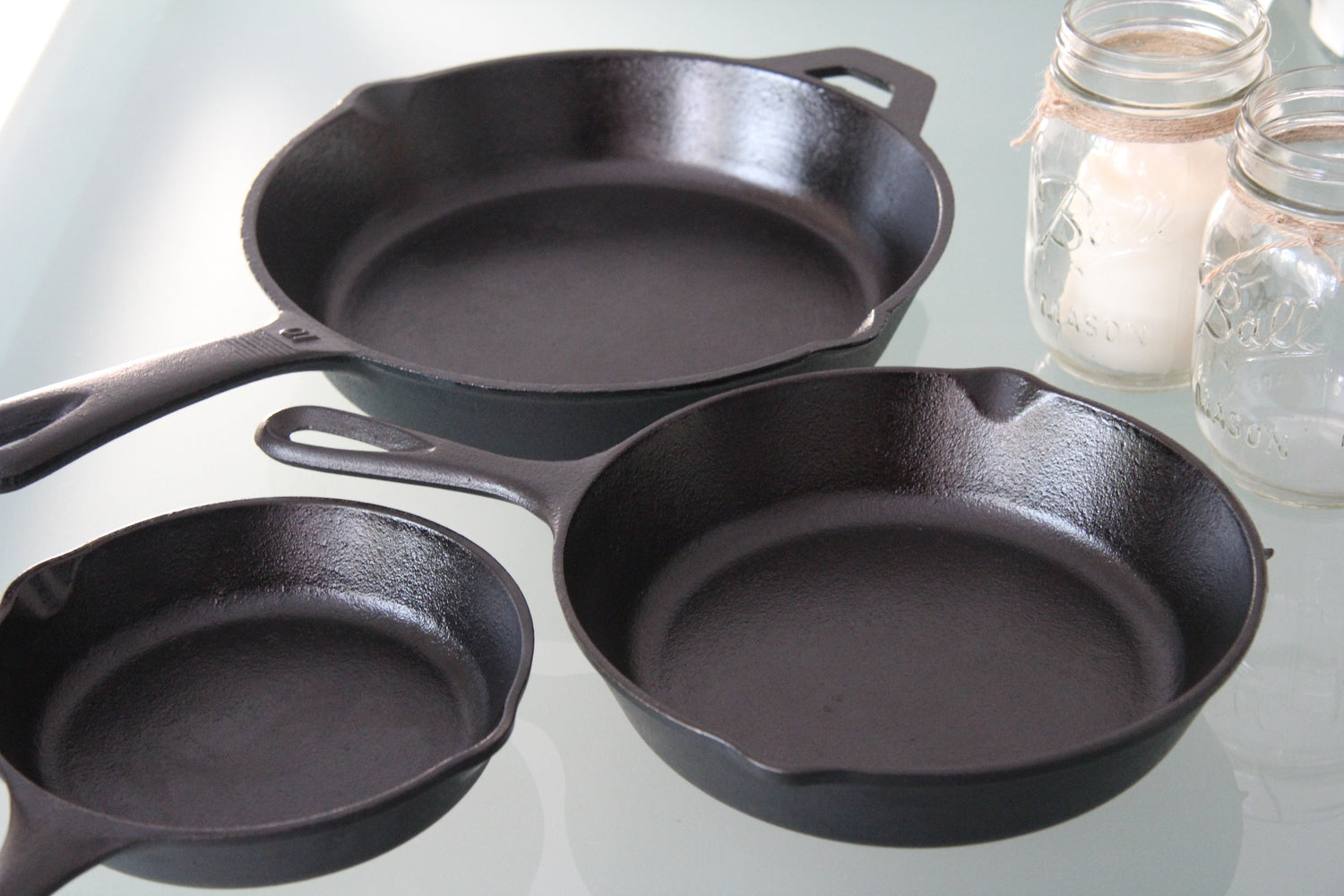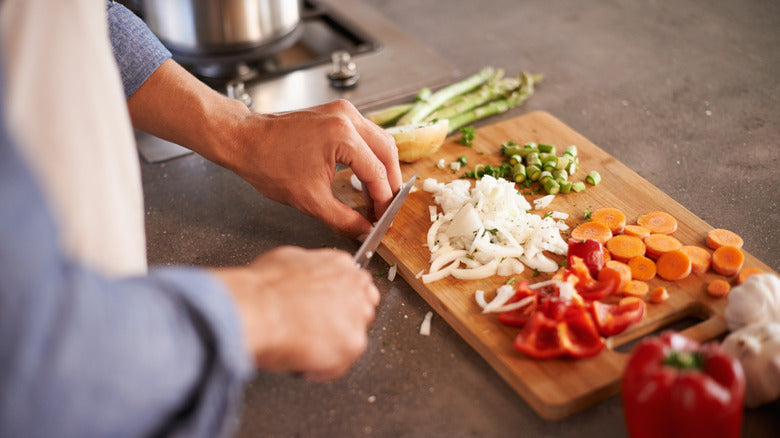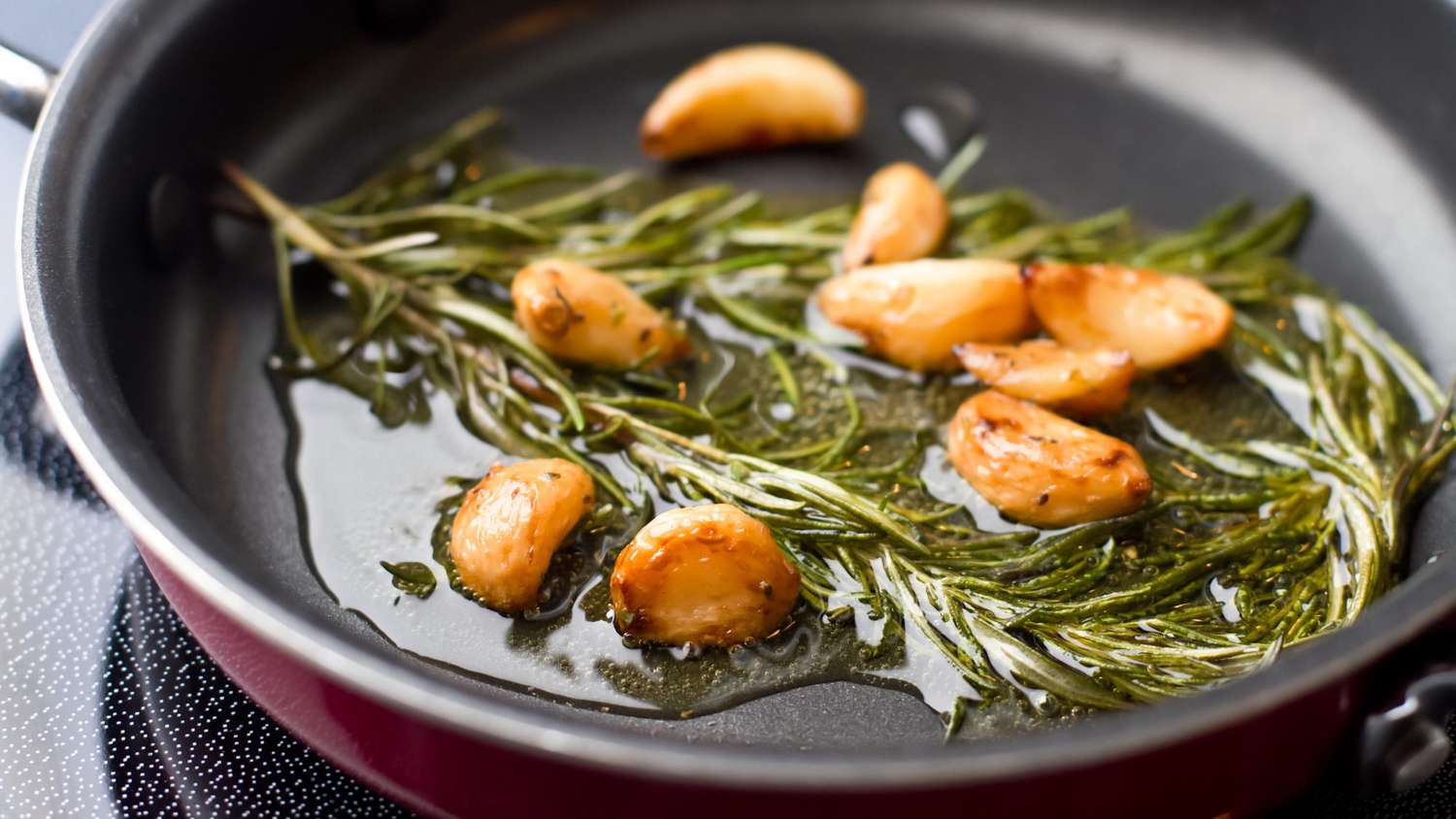When it comes to maintaining and using cast iron cookware, a key question often arises: what is the best oil to season cast iron? This age-old query is especially relevant for kitchen professionals who rely on cast iron's durability and versatile cooking capabilities in their daily routines.
Knowing the right oil can not only enhance the flavor profiles of your dishes but can also extend the life of your cast iron. As experts in the culinary field, we understand that the correct seasoning process plays a pivotal role in both performance and maintenance.

Understanding the Importance of Seasoning
Before delving into specifics about oils, its essential to comprehend why seasoning your cast iron is crucial. Seasoning involves coating the cooking surface with oil and heating it, which creates a natural non-stick surface. This process also adds a layer of protection against rust and improves food release. For kitchen professionals, this means less hassle during cooking and cleaning while enhancing your cooking experience.
Choosing the Right Oil
The selection of oil for seasoning is not a one-size-fits-all solution. Different oils come with varying smoke points, flavor profiles, and availability. Here are some options commonly used by professionals:
- Flaxseed Oil: Known for its high smoke point and strong polymerization properties, flaxseed oil is often touted as one of the best oils for seasoning cast iron. It creates a hard, durable finish, making it ideal for kitchen professionals.
- Grapeseed Oil: Another great option, grapeseed oil has a high smoke point and a neutral flavor, making it versatile for various cooking methods.
- Canola Oil: Widely available and affordable, canola oil is commonly used due to its moderate smoke point and flavor neutrality.
- Vegetable Oil: A generic term that often encompasses various oils, vegetable oil can work if you're in a pinch, but it may not provide the same longevity as other oils.
Thickness Matters: Applying Oil Effectively
Once you've selected your oil, the next step is applying it correctly. A light coat is crucial when seasoning cast iron. Apply a thin layer of oil to the entire surface of the cookware, ensuring not to overload it. Using a paper towel can help with an even distribution.
How to Season Your Cast Iron Cookware
Here's a quick step-by-step guide to seasoning your cast iron pans:
- Clean your pan thoroughly to remove any old seasoning or residue.
- Apply a thin layer of the selected oil all over the pan.
- Preheat your oven to around 450F (232C).
- Place the pan upside down in the oven to allow excess oil to drip off.
- Bake for an hour, then turn off the oven and let the pan cool inside.
Common Mistakes to Avoid
Even seasoned professionals can make mistakes. Here are a few common pitfalls:
- Overloading with Oil: Remember that less is more when it comes to oil. Too much oil can lead to a sticky residue.
- Inconsistent Temperatures: Ensure your oven is preheated to the correct temperature for consistent results.
- Forgetting to Use it: Regular use and seasoning will enhance the non-stick surface, so make it a part of your cooking routine.
Maintaining Cast Iron After Seasoning
Once you've seasoned your cast iron, maintenance is key. After each use, clean the pan using the right cleaning methods to preserve the seasoning. It's advisable to avoid soap, instead opting for warm water and a brush. Dry the pan immediately to prevent rusting.
Restoring Older Cast Iron
If you find yourself with older cast iron cookware that may have seen better days, don't worry. Stripping old seasoning can be done effectively using methods highlighted in this guide. Once stripped, re-season your cast iron with your chosen oil for a fresh start.
FAQ Section
1. Can I use olive oil to season my cast iron?
While olive oil can be used, its lower smoke point may lead to a sticky surface. It's generally better to choose oils with higher smoke points.
2. How often should I season my cast iron?
Seasoning frequency depends on usage. For regular use, once every few months is advisable. If you notice food sticking, it might be time to re-season.
3. Can I use my cast iron on glass top stoves?
Yes, but be mindful of the weight and ensure proper handling to avoid damaging your glass top with heavy cast iron. For more, see this informative link.
:max_bytes(150000):strip_icc():format(webp)/__opt__aboutcom__coeus__resources__content_migration__serious_eats__seriouseats.com__images__2016__09__20160817-cast-iron-pan-vicky-wasik-3-c56f176298784fef9e60f6cea198e0e4.jpg)
Conclusion
Understanding what is the best oil to season cast iron can make a significant difference in your experience and the longevity of your cookware. By choosing the right oil, applying it correctly, and maintaining your cast iron, you will ensure it remains a valuable tool in your culinary arsenal. Remember to embrace the journey of seasoning your cast iron, as it is a blend of science and art that underscores the beauty of cooking.
This article contains affiliate links. We may earn a commission at no extra cost to you.






Leave a comment
This site is protected by hCaptcha and the hCaptcha Privacy Policy and Terms of Service apply.